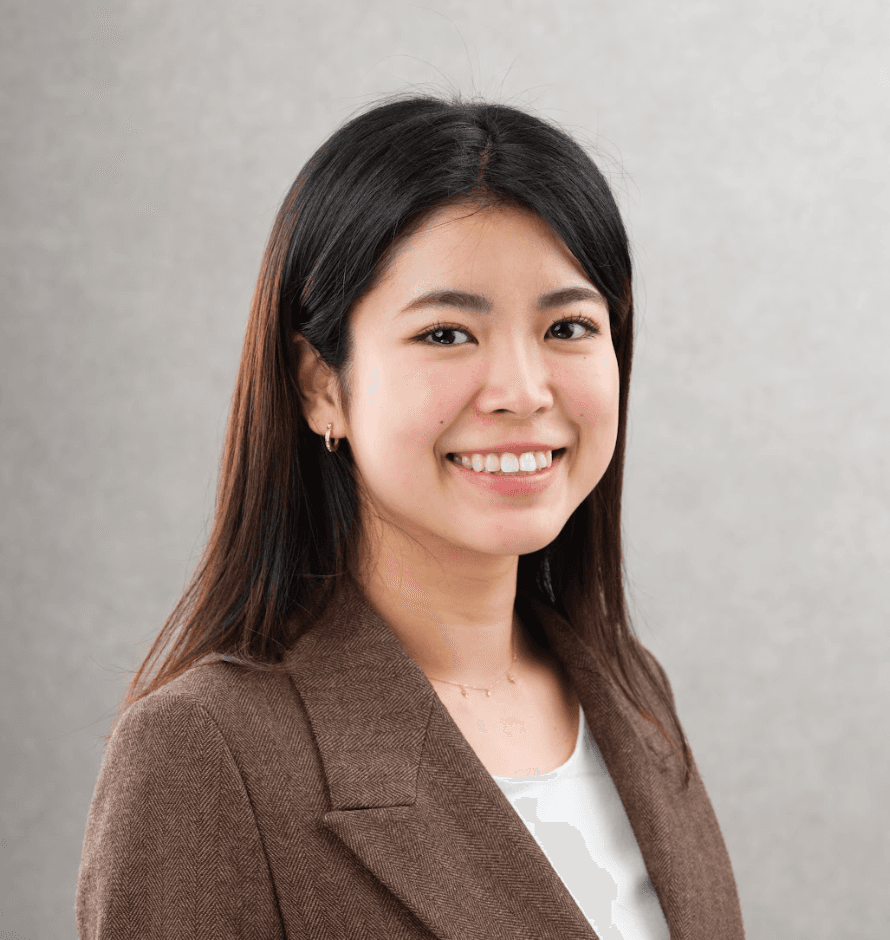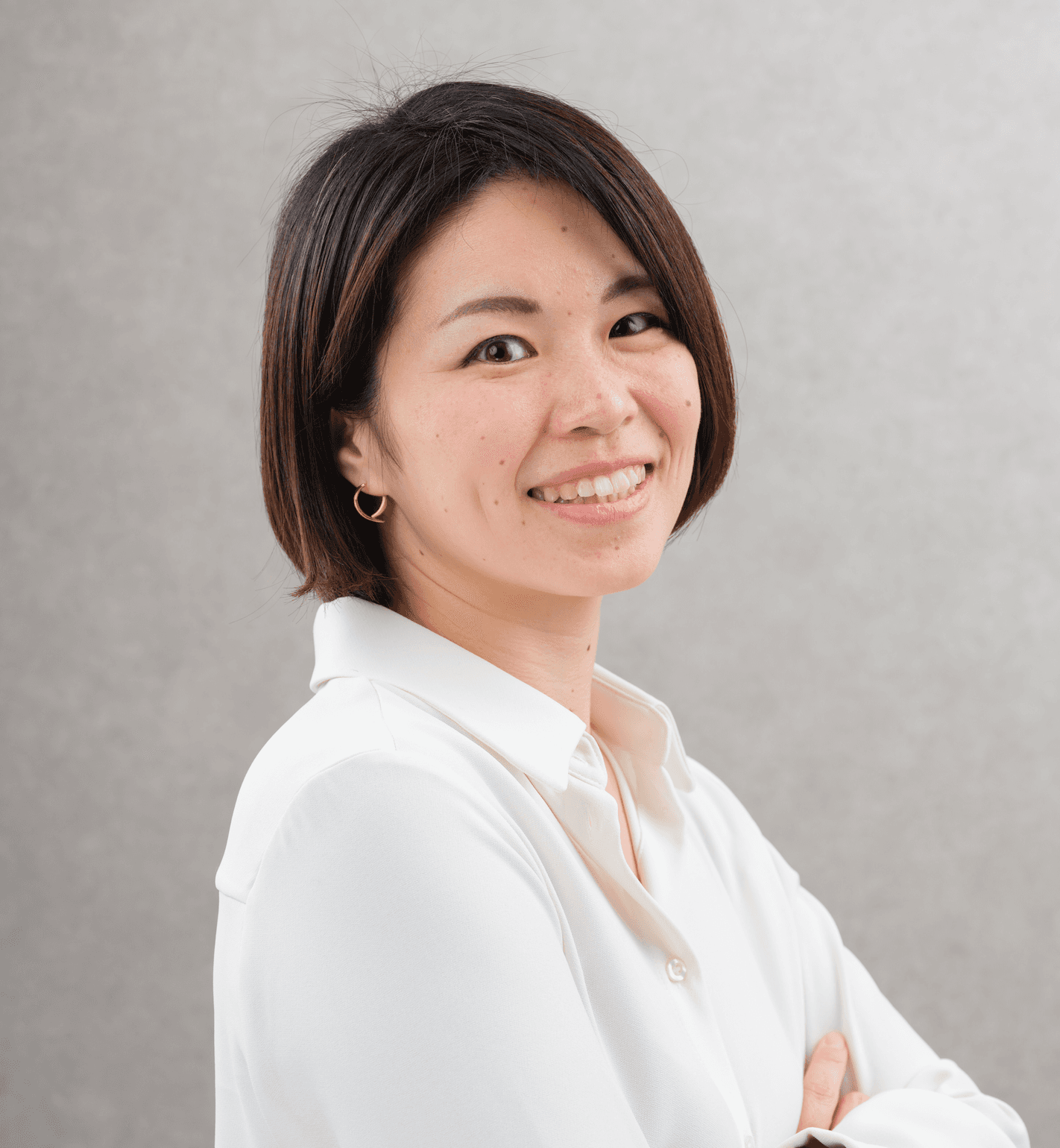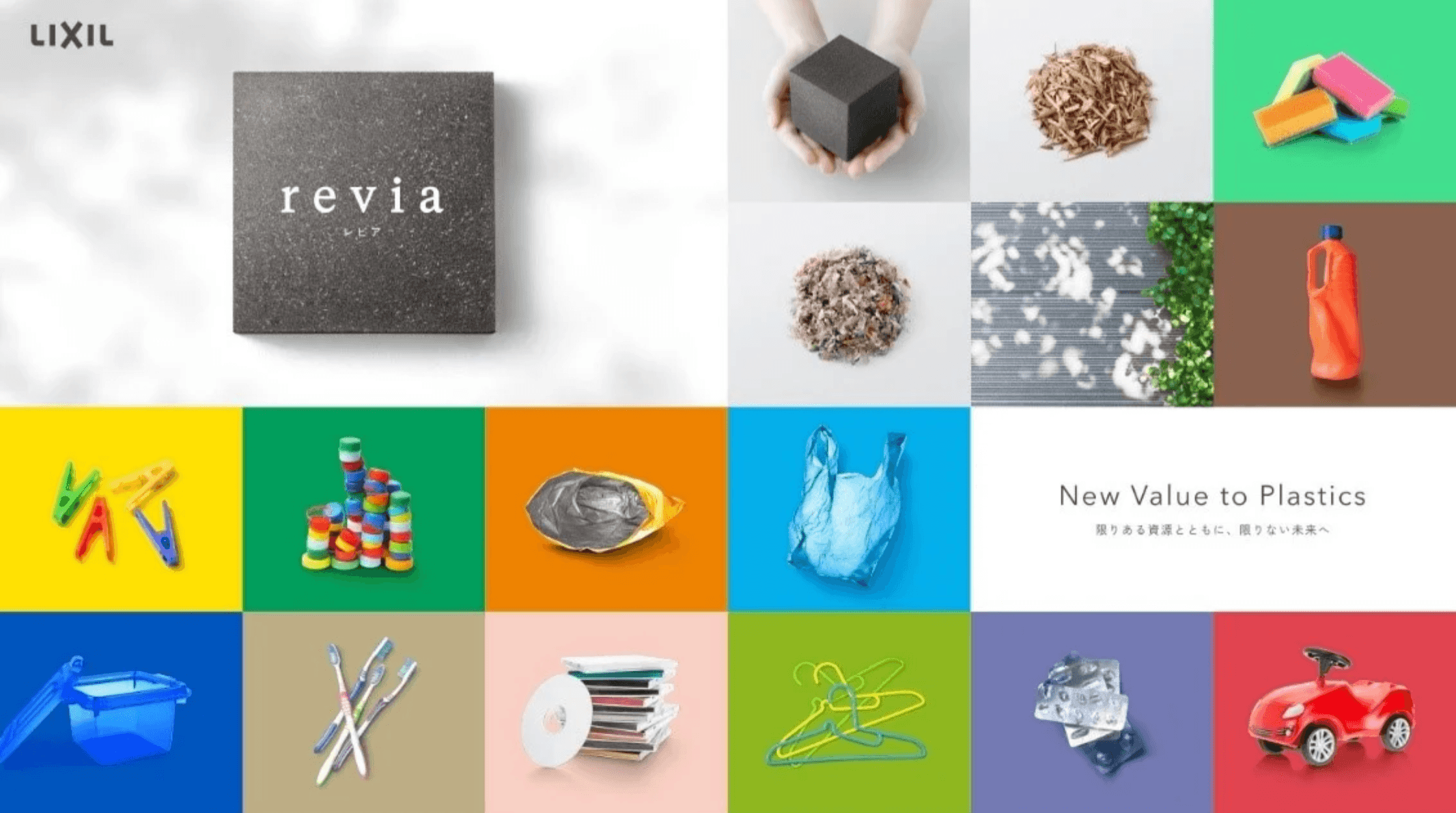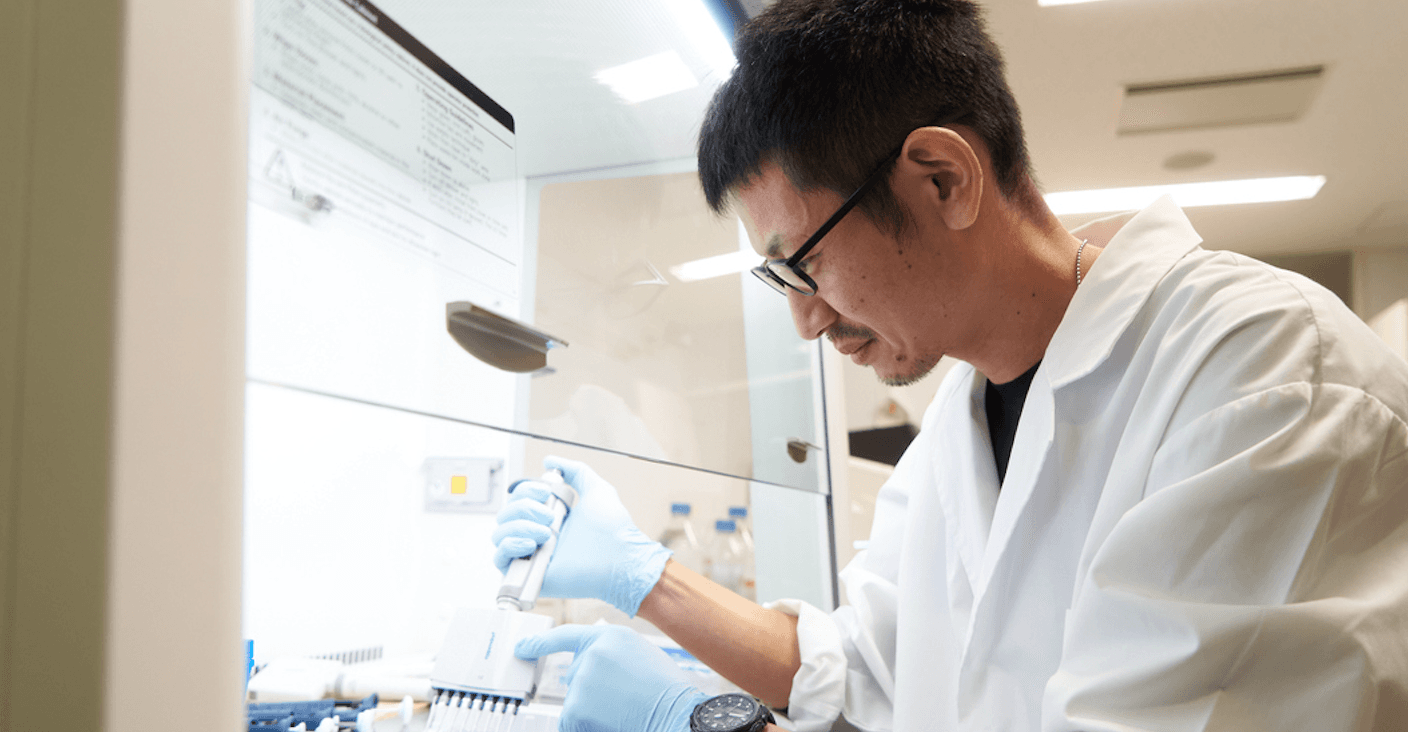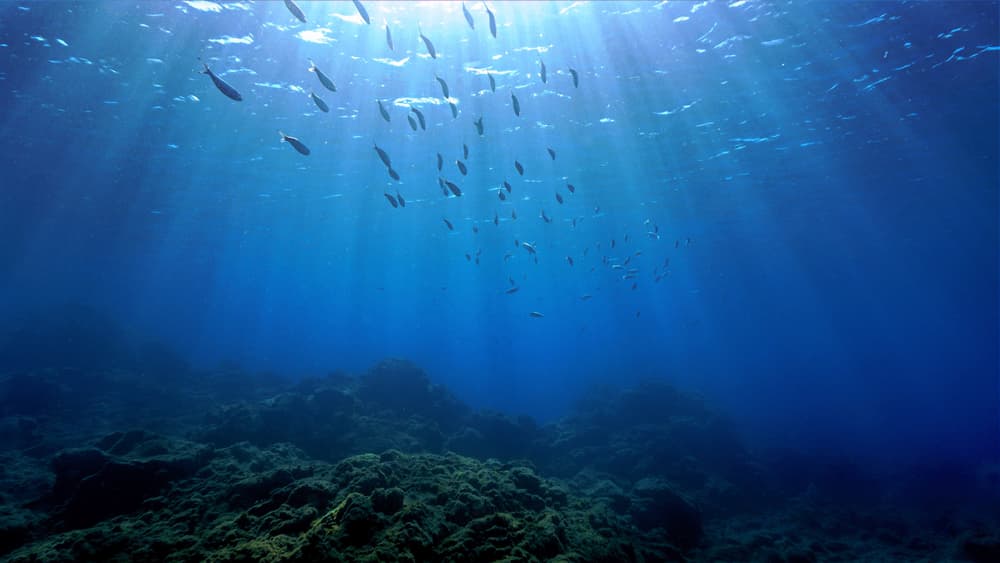Japan has the lowest material recycling rate—a mere 20% among OECD countries. Gomi-Map is tackling this challenge with a newly released application that aims to increase recycling rates through informative waste sorting guidance. Horizon interviewed Raphael Niecko, a launching member of Gomi-map
What inspired the creation of Gomi-Map?
Raphael: This came from my personal experience. When I moved to Tokyo, I struggled with bringing waste to recycling stations because each ward has different rules. Moreover, the fragmented information was confusing, and in many cases, it was only available in Japanese. I wanted to centralize this information and make it more inclusive for everyone.
How does Gomi-Map transform the waste management experience?
Raphael: Gomi-Map provides detailed data about waste disposal and public recycling points near your location in both Japanese and English. It helps users understand what types of trash are accepted at specific locations, along with additional details like operating hours and accessibility. Gomi-Map application offers:
- Recycling Point Information: Details for each location, including accepted waste types, operating hours, photos, and restrictions.
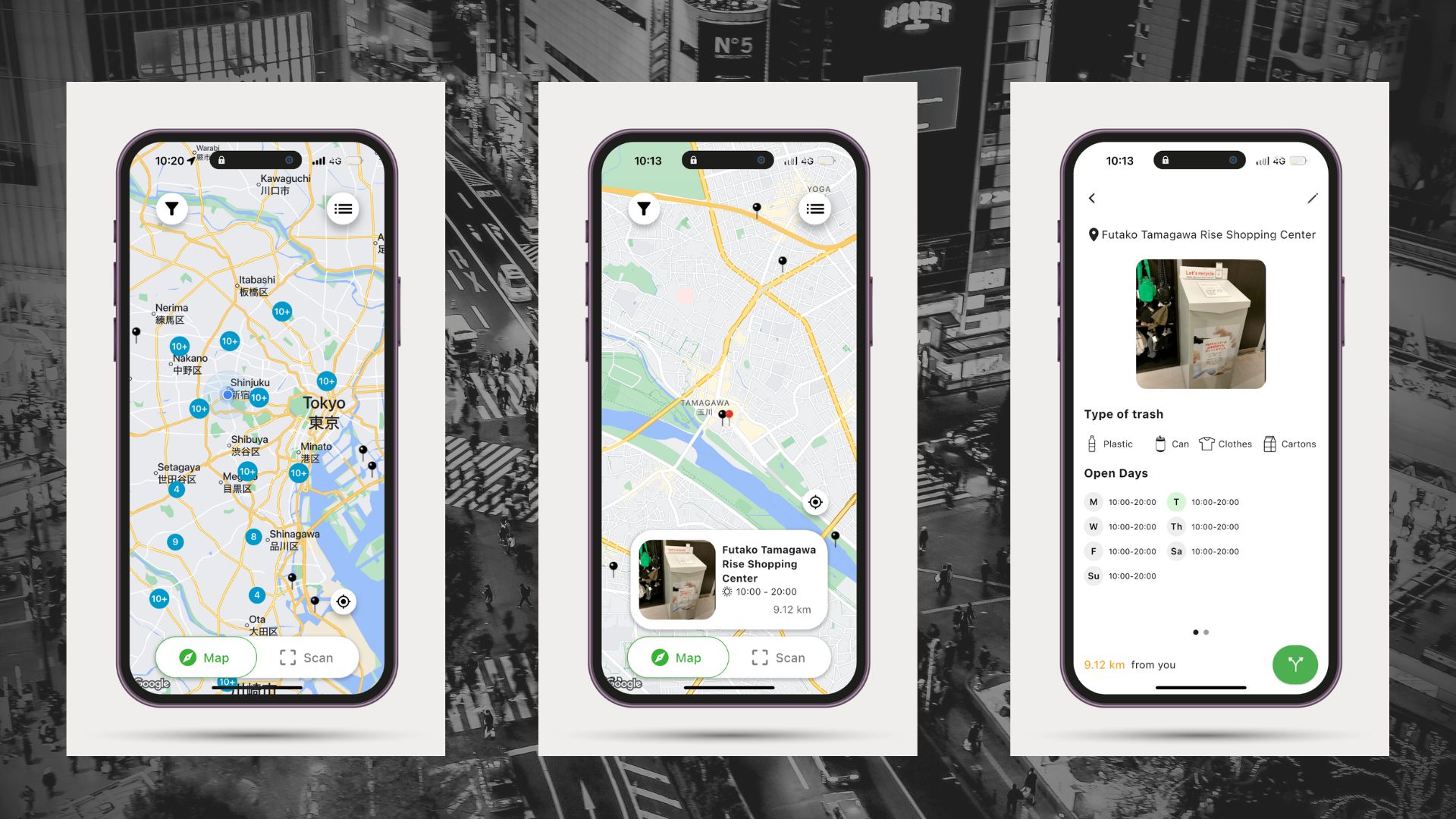
- Filtering Options: Users can filter by the type of waste they want to recycle or dispose of
- Image Recognition: Users can upload or take photos to identify waste types and find appropriate disposal options
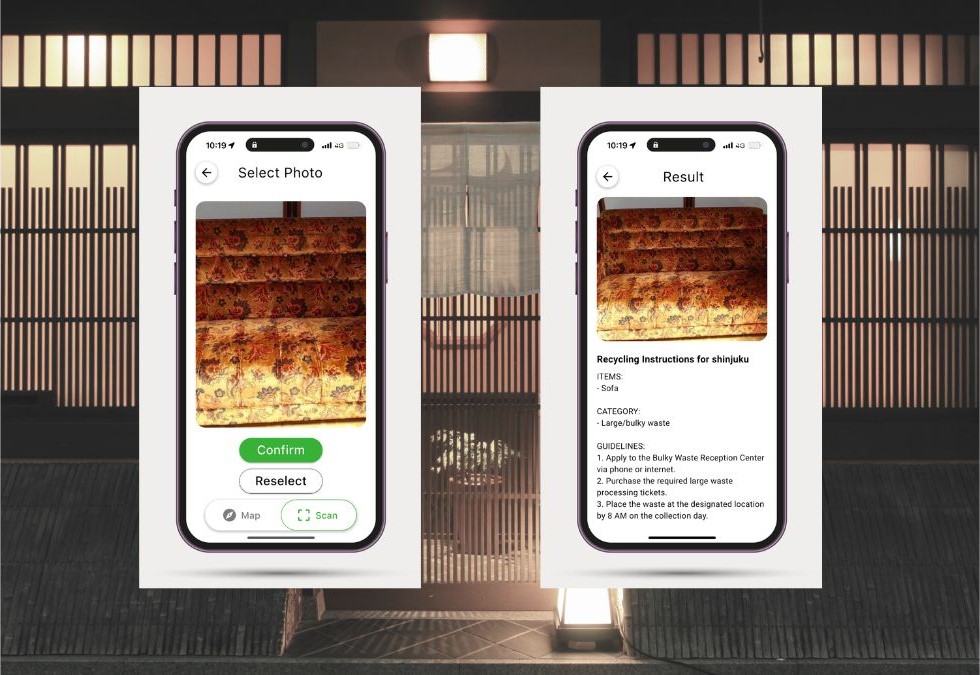
The expected impacts include improving material recycling rates in Japan, contributing to circular economy. Gomi-app aims to provide clear and accessible information, making sustainable practices easier for everyone to adopt. Additionally, it encourages corporations to review and enhance their resource use, promoting more environmentally responsible business strategies.
What challenge has Gomi-Map encountered in its journey?
Raphael: We're collecting waste disposal information from private institutions. However, this data isn't centralized, and some isn't even digitized, requiring significant physical effort to gather. While our crowdsourcing system allows users to add information through Gomi-Map, creating more benefits as our user base grows, reaching new users remains challenging in these early phases.
What partnerships are you seeking to enhance your impact?
Raphael: We're looking for more partnerships with stakeholders to create significant impact. For example, we're currently collaborating with FPCO, a leading food tray producer in Japan, to promote circular economy practices in that industry. Long-term, we aim to cooperate more with municipalities, agencies, and companies. Currently, Gomi-Map is available in limited areas, mainly Tokyo, Kawasaki, and Yokohama. We want to expand coverage to more rural and small towns, and ultimately, to the world with multiple language options.
What message would you like to share with our readers?
Raphael: “I encourage everyone to take action, even if it takes longer or requires more effort. Every small step toward recycling matters. Individual actions may seem minor, but collectively, they create significant impact. While recycling alone won't solve global warming, these small steps are in the right direction toward a more sustainable future”
Gomi-Map, launched last month, is a pioneering invention, which allows everyone to access centralized information and participate in recycling efforts regardless of linguistic background. We are expecting that as more people use the platform, it will not only elevate recycling rates but also enhance public understanding of the Circular Economy, empowering local solutions and behavioral change of stakeholders.
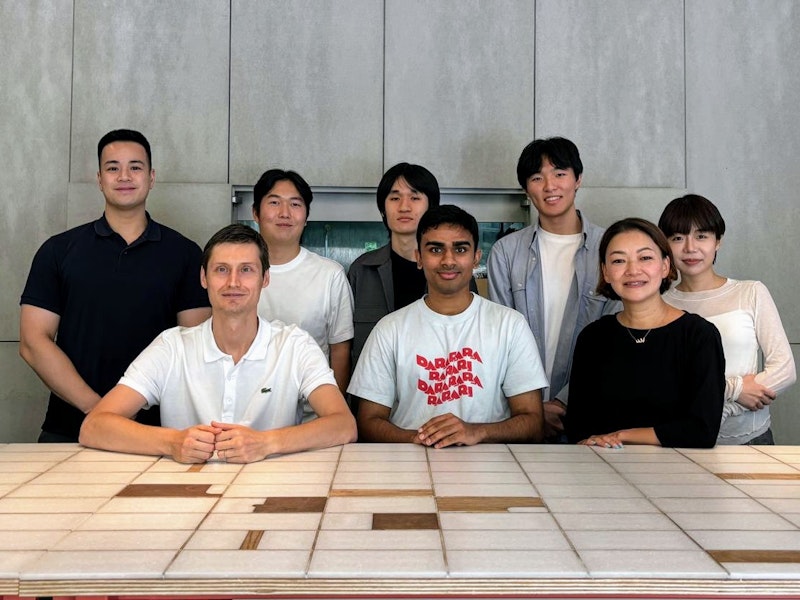
Group photo of Gomi-Map members
(Left to right): Brian Pham, Raphael Niecko, Haruki Oyama, Kohta Kaneda, Lahiru Udawatta, Jimin Park, Mari Koyanagi, Yuyao Wang.
Reference
.png&w=3840&q=75)
